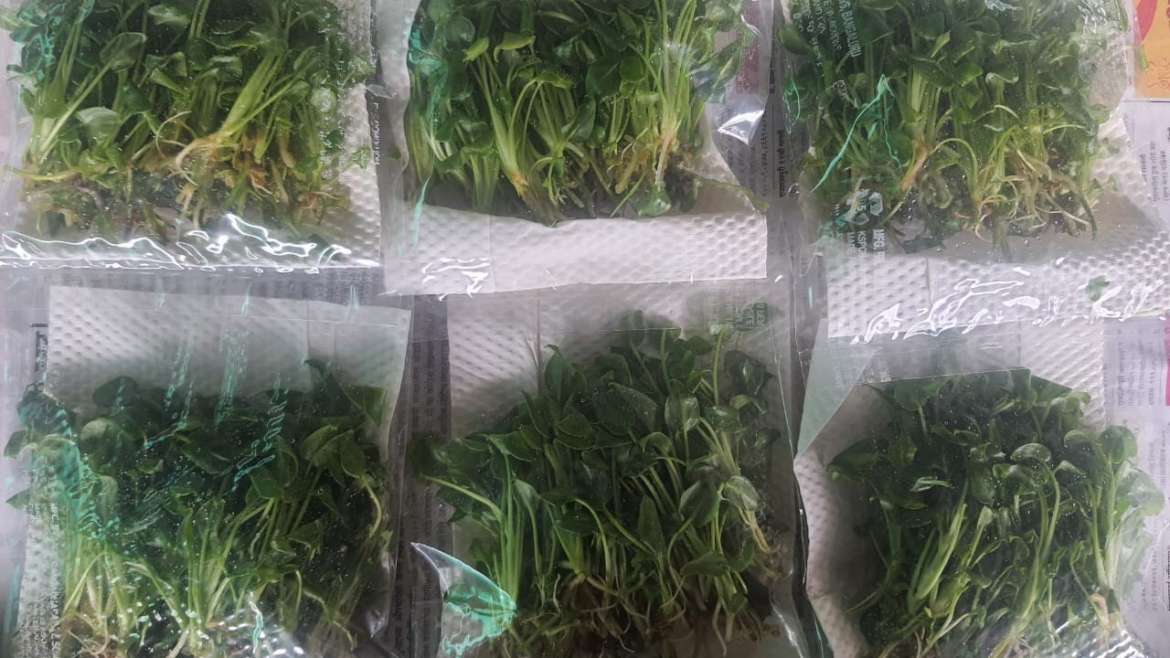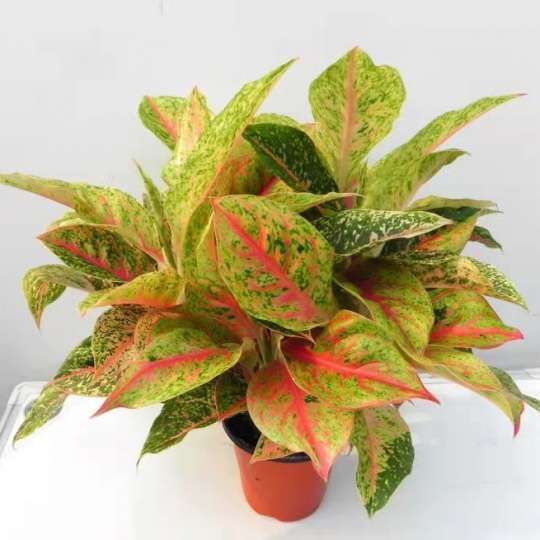Tissue culture plants received in modes of ex-agar in USA || from Srilankan tissue culture laboratories.
Tissue culture ex-agar plants mainly purchased by Wholesalers in USA || and plants need to go through the adaptation period of 4-8 weeks in the control environment before it get released to the customers in USA || For such reason tissue culture plant importers must have nursery facility to acclimatize tissue culture plants. Many wholesale importers in USA || prefers tissue culture ex-agar plants mainly for the size, for the standard freight rate they can import thousands of planting materials compared to big plant.
Some USA || based wholesale customers may ask tissue culture plants in acclimatized mode, where the plants do not need to go through the adaptation period under special condition. Therefore Tissue Culture Plant supplier from Srilanka dispatch in acclimatized plants which can be sold directly to the USA || based customers.
Many plant varieties exclusively produced for clientele in countries such as USA, Japan and New Zealand under contract production from Srilanka. Clients for these products are leading breeding companies in USA, Japan and New Zealand, commercial cultivators in USA, Japan and New Zealand , plant nurseries in USA, Japan and New Zealand , and retailers of USA, Japan and New Zealand.
Here the customer may source plants protected under Plants Breeder Rights (PBR) for in-vitro cloning and multiplication. Hence they cannot be sold to a third party without prior concern from the owner. The use of mass-propagated plants has brought the following benefits. Plant lines produced and supplied with year-round availability negligent of its season.
Large-scale plant production in a small area.
Tissue cultured plants ‘true to type to the mother plant and genetically identical as compared to produced by other means. In-vitro plant production carried in a sterile environment reduces disease transmission. Capable of producing multiple plants with the desired phenotype in mass scale in the absence of seeds or necessary pollinators or vegetative materials; hence the technology helps to overcome constraints in conventional agriculture.
In-vitro plant propagation contributes to preserving the germplasm of plant varieties.
Enable to transport thousands of plants in a small container, thus overcoming limitations in logistics. Minimizing the impact on the environment by producing plants that all environments friendly and promote green policy.



